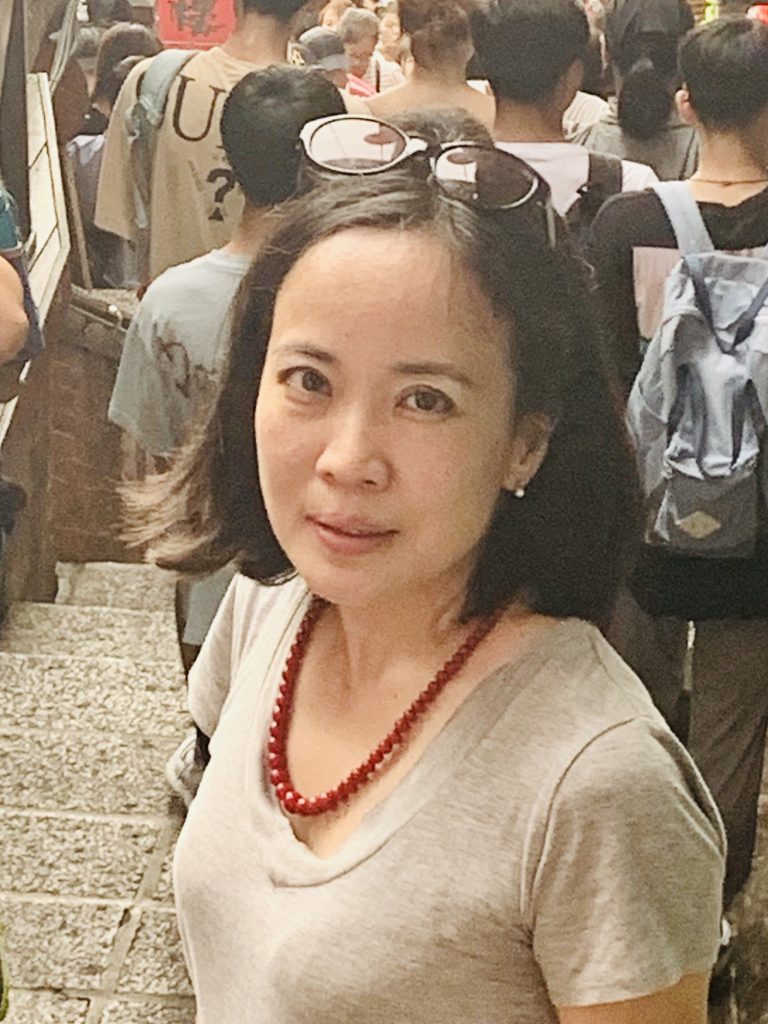[JITF2020] The Skill of Interpreting the Disputes of Others: What Deposition Interpreting Is Really Like

Hanako Kaku
Japanese-English conference interpreter and part-time lecturer at the University of Tokyo. Counting from the day long ago when as a fledgling interpreter she was on pins and needles going to meet the legendary boxer Mohammad Ali at the airport, this will be the 29th year of her career as an interpreter, thanks to “human connections” and “good luck” as well as “the wave of the times.” For the past four years, she has been teaching a class on interpreting skills at the University of Tokyo for the purpose of strengthening Japanese-English communication ability.
She grew up in a total of 8 countries including in the United States, Europe, South America and Africa.
She graduated from Sophia University with a BA in Comparative Culture.
She gained a Master of Arts in Conference Interpretation (MACI) from the Middlebury Institute of International Studies at Monterey in the United States
as well as a Master of Public Administration (MPA) from Columbia University in the United States.
She has experience teaching at Kobe College, Tokyo University of Foreign Studies and Rikkyo University.
The Skill of Interpreting the Disputes of Others: What Deposition Interpreting Is Really Like
I would like to talk about what it is really like to interpret for depositions or commercial arbitrations in U.S. litigation, as well as the system and personal experiences to the extent allowable, based on my background of having received requests from law firms for nearly 20 years.
“What is a deposition anyway?” “Is it true that there are relentless corrections of what was interpreted?” “Aren’t tons of legal jargon used?” I will try to answer some of these frequently asked uneasy questions.